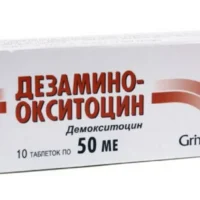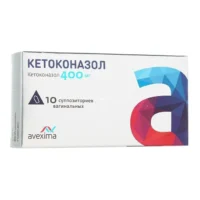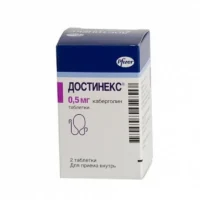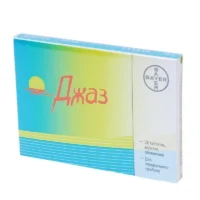Description
Prepidil (Dinoprostone) Gel 0.5 mg/3g Syringe 3g №1
Ingredients
- Active ingredient: Dinoprostone
- Inactive ingredients: Carbomer 974P, Dinatrium Edetate, Hydroxypropyl Cellulose, Propylene Glycol, Purified Water
Dosage
Dosage: The recommended dose is 0.5 mg (1/3 of the syringe) administered intracervically. The total dose should not exceed 1.5 mg in a 24-hour period.
Indications
- Indicated for: Prepidil is used for the induction of labor in pregnant women at or near term with a medical or obstetrical need for labor induction.
Contraindications
- Contraindications: Prepidil should not be used in individuals with hypersensitivity to prostaglandins, acute pelvic inflammatory disease, unexplained vaginal bleeding during the current pregnancy, and other contraindications as specified in the prescribing information.
Directions
Administration: Prepidil should be administered by a healthcare provider trained in obstetrical care. The gel should be inserted into the endocervical canal using the provided syringe.
Scientific Evidence
- Pharmacological Effects: Dinoprostone, the active ingredient in Prepidil, is a prostaglandin E2 analogue that acts locally on the cervix, causing softening, effacement, and dilation, leading to the initiation of labor.
- Clinical Trials: Clinical studies have shown the efficacy of dinoprostone gel in inducing labor. For example, a study by Wing et al. (2018) demonstrated a significant reduction in the time to delivery with dinoprostone gel compared to placebo.
Additional Information
- Prepidil is a well-established medication used in obstetrics for labor induction, known to be safe and effective when administered by trained healthcare professionals following recommended dosages.
- Close monitoring of patients for signs of hypersensitivity reactions or uterine hyperstimulation during and after administration is essential. Prompt interventions should be initiated in case of adverse events.





